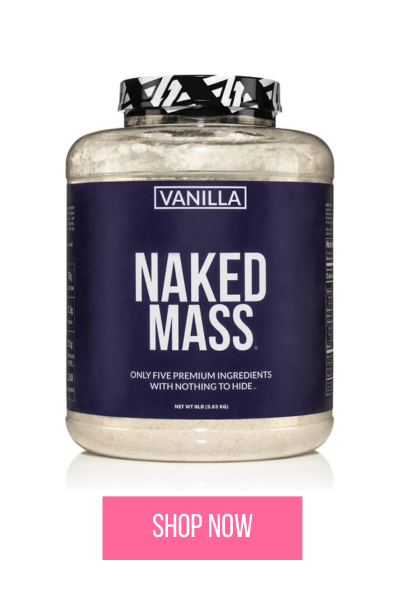The Sweet Debate: Beetroot Sugar vs Cane Sugar
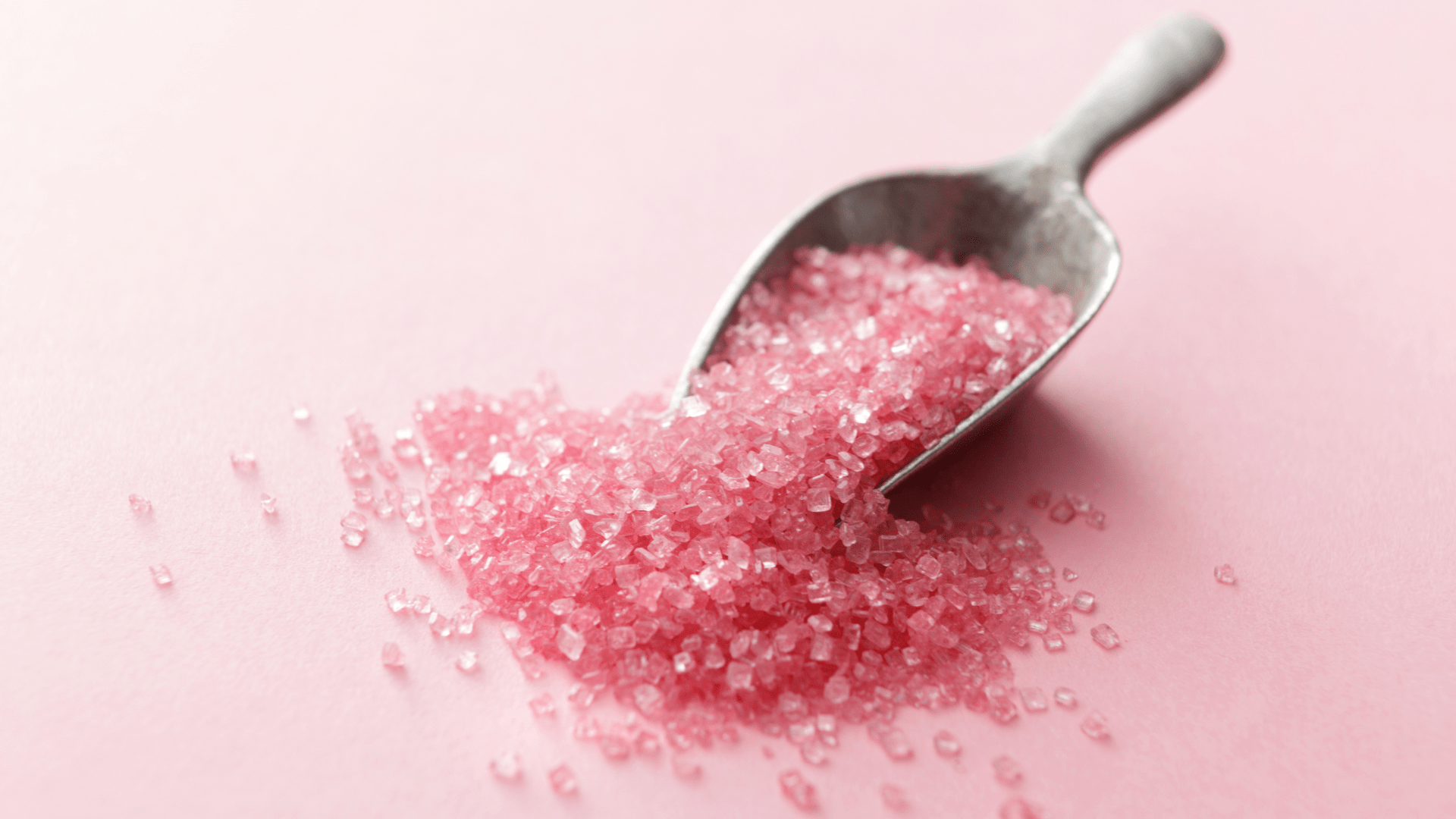
Have you ever wondered about the different types of sugars available and how they compare?
In this article, we will delve into the sweet debate between beetroot sugar and cane sugar. Let’s explore the differences between these two popular sweeteners and see which one may be the better choice for you.
Beetroot Sugar: A Natural Alternative
If you’re looking for a natural alternative to traditional cane sugar, beetroot sugar might be the perfect option for you. This sweetener is derived from sugar beets, which are a root vegetable similar to sugar cane. Beetroot sugar is known for its slightly earthy flavor and subtle sweetness, making it a popular choice for those looking to reduce their refined sugar intake.

Benefits of Beetroot Sugar
One of the main benefits of beetroot sugar is its lower glycemic index compared to cane sugar. This means that beetroot sugar causes a slower and more gradual increase in blood sugar levels, making it a better option for those with diabetes or those looking to manage their blood sugar levels. Additionally, beetroot sugar contains trace minerals such as iron, potassium, and magnesium, which can provide added nutritional benefits.
Ways to Use Beetroot Sugar
Beetroot sugar can be used in a variety of ways in the kitchen, just like traditional cane sugar. You can use it to sweeten beverages, baked goods, and savory dishes. Keep in mind that beetroot sugar may alter the color of lighter-colored foods and beverages, so it’s best used in recipes where a slight earthy flavor won’t be a concern.
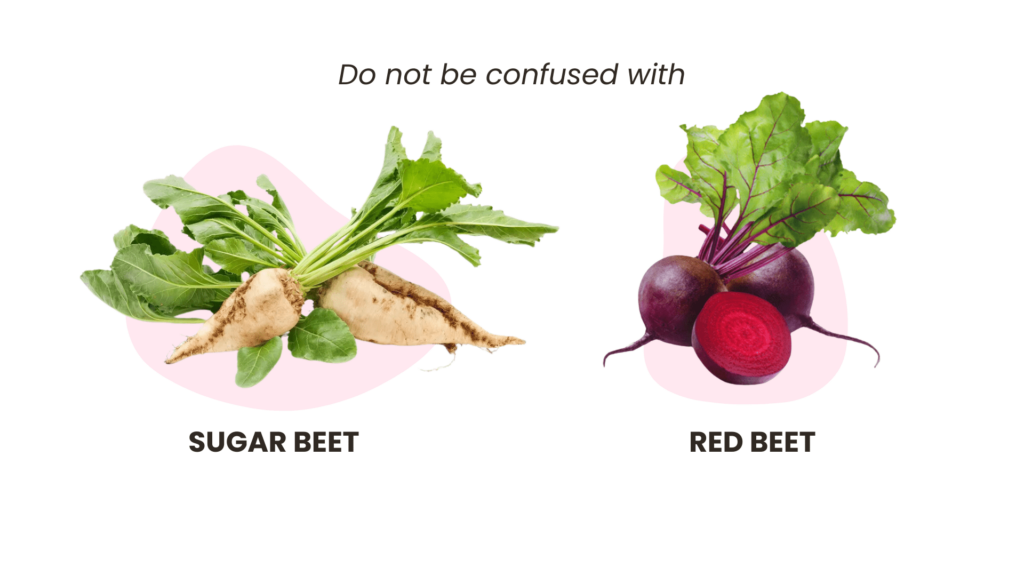
Cane Sugar: The Classic Sweetener
Cane sugar has long been a staple sweetener in kitchens around the world. This sweetener is derived from sugar cane, a tropical grass plant that is cultivated for its sweet taste. Cane sugar is known for its neutral sweetness and versatility in cooking and baking. While it does have some drawbacks compared to beetroot sugar, it remains a popular choice for many consumers.
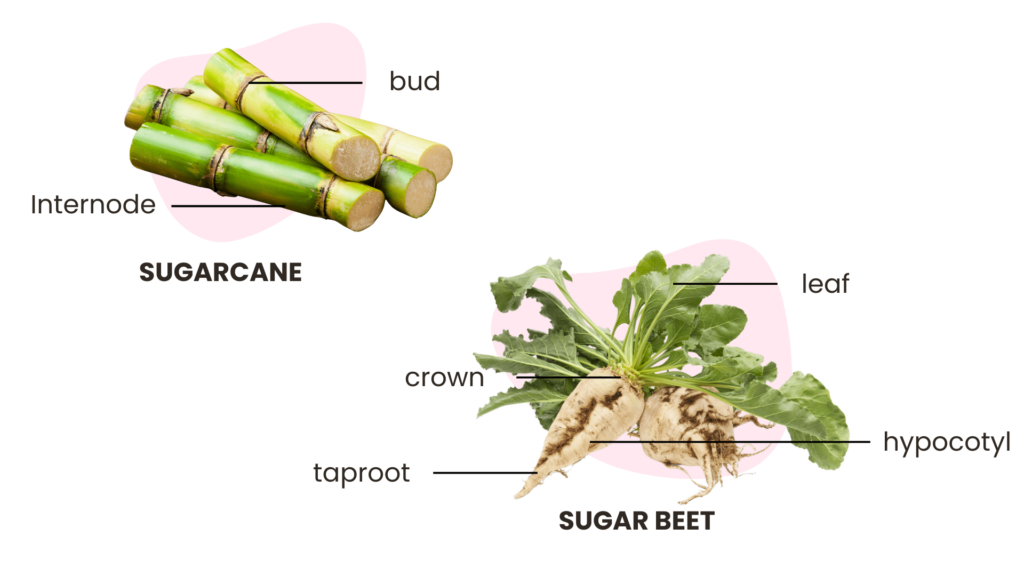
Benefits of Cane Sugar
Cane sugar is widely available and affordable, making it a convenient option for everyday use. It is also easy to substitute cane sugar for other sweeteners in recipes without altering the flavor significantly. Additionally, cane sugar is a versatile sweetener that can be used in a wide range of dishes, from desserts to marinades.

Ways to Use Cane Sugar
Cane sugar can be used in a variety of ways in the kitchen, similar to beetroot sugar. It can be used to sweeten beverages, baked goods, and savory dishes. Cane sugar is also a popular choice for making candies and preserves due to its ability to crystalize and create a smooth texture.
Comparing Nutritional Content
When it comes to the nutritional content of beetroot sugar and cane sugar, there are some notable differences to consider. Beetroot sugar contains trace minerals such as iron, potassium, and magnesium, which can provide added nutritional benefits. On the other hand, cane sugar lacks significant nutrients and is considered empty calories.
Glycemic Index
The glycemic index (GI) measures how quickly a food raises blood sugar levels after consumption. Foods with a high GI cause blood sugar levels to spike quickly, while foods with a low GI cause a slower and more gradual increase in blood sugar levels. Beetroot sugar has a lower glycemic index compared to cane sugar, making it a better option for those looking to maintain stable blood sugar levels.
Trace Minerals
Beetroot sugar contains trace minerals such as iron, potassium, and magnesium, which can provide added nutritional benefits. These minerals are essential for various bodily functions, including energy production, muscle function, and immune health. Cane sugar, on the other hand, lacks significant nutrients and is considered empty calories.
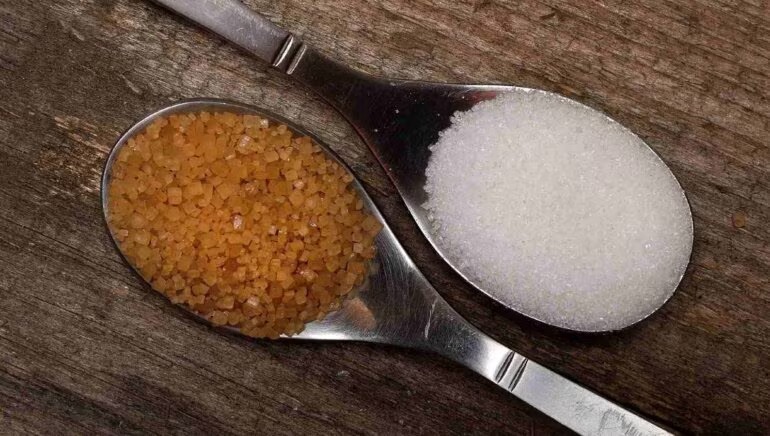
Health Considerations
When choosing between beetroot sugar and cane sugar, it’s essential to consider your health and dietary needs. Both sweeteners have their pros and cons, so it’s essential to weigh these factors before making a decision.
Blood Sugar Management
If you have diabetes or are looking to manage your blood sugar levels, you may want to opt for beetroot sugar due to its lower glycemic index. Beetroot sugar causes a slower and more gradual increase in blood sugar levels compared to cane sugar, making it a better option for those looking to maintain stable blood sugar levels.
Nutritional Benefits
If you’re looking to increase your intake of essential nutrients, beetroot sugar may be the better choice for you. Beetroot sugar contains trace minerals such as iron, potassium, and magnesium, which can provide added nutritional benefits. However, keep in mind that these minerals are present in small amounts and should not be relied upon as a primary source of nutrients.
Weight Management
When it comes to weight management, both beetroot sugar and cane sugar should be consumed in moderation. While beetroot sugar may have some nutritional advantages over cane sugar, both sweeteners contribute to calorie intake and should be consumed in limited quantities to prevent weight gain.

Final Thoughts
In the sweet debate between beetroot sugar and cane sugar, both sweeteners have their unique characteristics and benefits. Beetroot sugar is a natural alternative with a slightly earthy flavor and lower glycemic index, making it a good choice for those looking to reduce their refined sugar intake. Cane sugar, on the other hand, is a classic sweetener with a neutral sweetness and wide availability, making it a convenient option for everyday use.
When choosing between beetroot sugar and cane sugar, consider factors such as taste preference, nutritional content, and health considerations to make an informed decision.
Both sweeteners can be used in a variety of ways in the
kitchen, so feel free to experiment with both and see which
one suits your needs best. Remember, moderation is key
when it comes to sweeteners, so enjoy them in moderation
as part of a balanced diet.
Share:
Related Posts

Breaking the Stigma: Talking Openly About Depression and Therapy as a Woman
Learn why breaking the stigma around depression and therapy is essential for women. Discover how to talk openly about mental health and seek support without shame.

Vegan Creamy Tuscan Sun-Dried Tomato Pasta
This Creamy Tuscan Sun-Dried Tomato Pasta combines garlic-Parmesan sauce, spinach, and sun-dried tomatoes for a rich, comforting meal you can make in 30 minutes. Perfect for date night or a cozy dinner at home.

Low-Impact Workouts for Women Who Want to Lose Weight Gently
Discover low-impact workouts for women designed to help you lose weight gently and safely. Perfect for beginners, busy moms, or anyone easing back into fitness.

Honey Garlic Salmon with Rice
This quick and easy honey garlic salmon with rice is sweet, savory, and packed with protein. A healthy weeknight dinner ready in under 30 minutes!

